Carbon graphite is a semi metal that possesses both metallic and non-metallic properties, allowing it to be used in a wide variety of applications both industrial and commercial. Read More…
At Weaver Industries we specialize in manufacturing machined graphite parts and products. Our goal is to ensure that our customers get the right tools for their applications. We are leaders in the industry for our graphite machining processes which include recycling and reclaiming machined electrodes. Custom molded urethane and high quality carbon graphite are only a few of our other...

At Amsted, we specialize in precision graphite machining, delivering advanced solutions that meet the exacting standards of modern industries. Our team brings together decades of expertise and state-of-the-art technology to produce high-performance graphite components with superior accuracy, consistency, and surface quality.
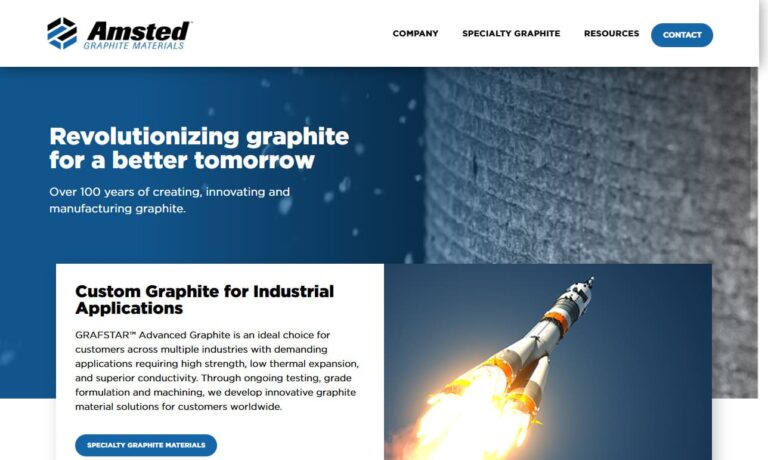
SGL Carbon Group is the world's largest manufacturer of carbon and graphite, a leading provider of graphite specialties and the only company in the world to master all related manufacturing processes. We serve many industries with graphite materials, system solutions and graphite design.

More Carbon Graphite Companies
The carbon graphite combination of metallic and non-metallic properties results in a product that is strong and corrosion resistant. Holes are often left in the structure from the process of carbonization, but these provide an opportunity to further strengthen the product with metals, resins, inorganic salts or pure carbon in order to create a more durable product, or a more electrically conductive product. Furthermore, carbon-graphite can be heated at extreme temperatures to cause it to more closely resemble pure graphite.
All grades of carbon graphite and natural graphite can be machined according to custom specifications into various shapes and objects using conventional machining and tools. Some common applications for graphite use are in the manufacture of crucibles and molds, graphite heating elements and tubes, heat treating furnace fixtures, chemical processing equipment, molten metal extrusion, pressure casting, vertical and horizontal continuous part casting, heat shields and furnace lining and components.
Graphite is an electrically conductive material and is therefore used widely as an electrode material in electrical discharge machining (EDM graphite) and commonly in arc furnaces. Powdered dry graphite is also widely used and provides an excellent dry lubricant for locks and machinery. Carbon-graphite grades which are extruded and molded may not have to be graphitized making the final material harder and stronger than pure graphite. This however, affects the properties of electrical conductivity and thermal resistance, making a carbon-graphite combination less effective in thermal and electrical applications.
Another potential drawback of using graphite or carbon graphite is its streak properties. Graphite leaves a blackish grey mark when it comes into contact with another material. This property can be useful and graphite is used widely in producing lead for lead pencils. However, in machining terms, an easily marking material can cause unwanted marks on products, therefore a dust collection system or strategically planned cleaning system is necessary to think about in terms of operating procedure.
Graphite is a cost-effective material that can often be used in place of pure carbon as it has many of the same properties but does not cost quite as much, and in some areas it actually outperforms carbon. Graphite is one of the only materials that is able to maintain its structure and physical properties at extremely high temperatures (as high as 5000°F).




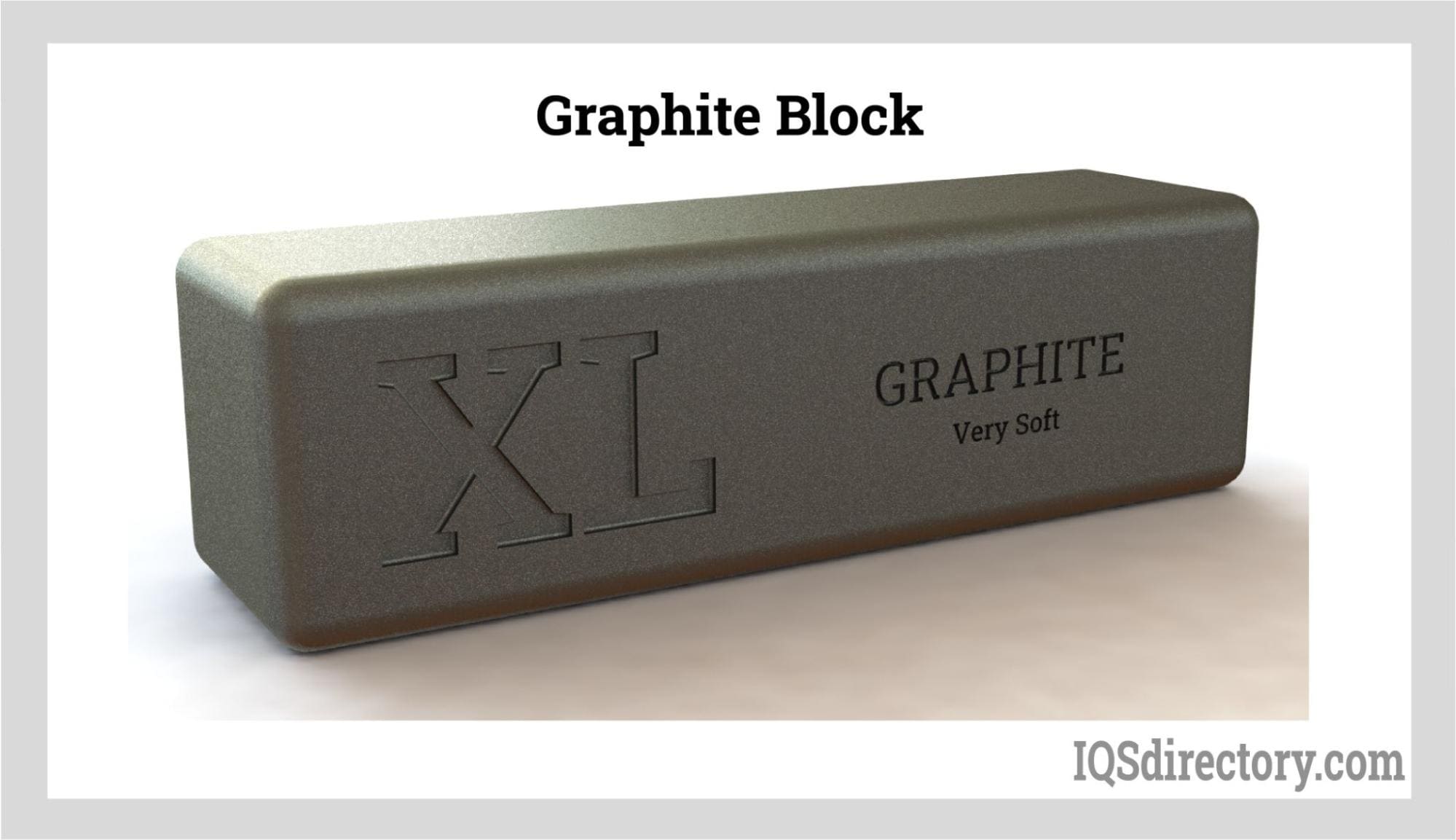
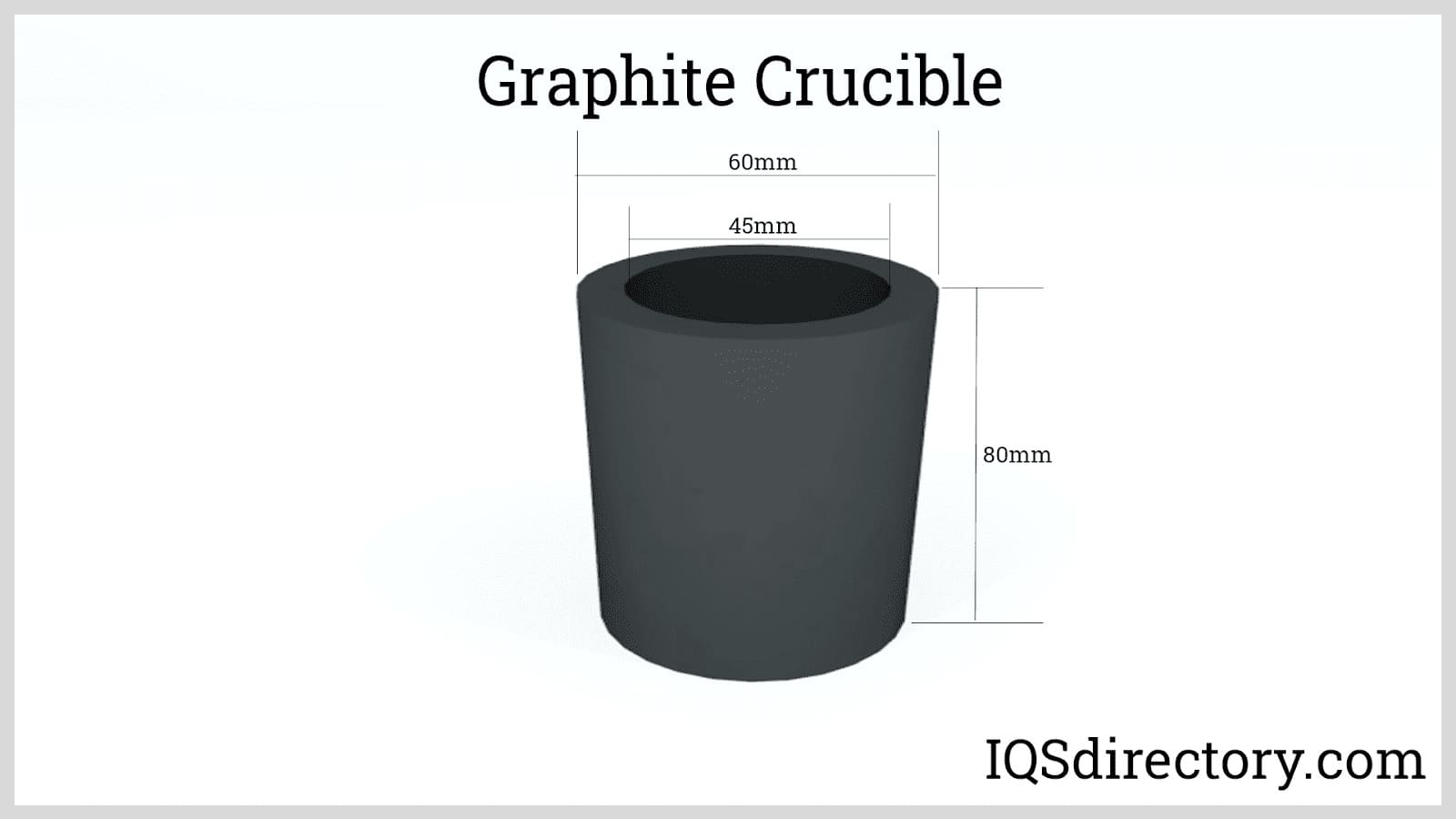
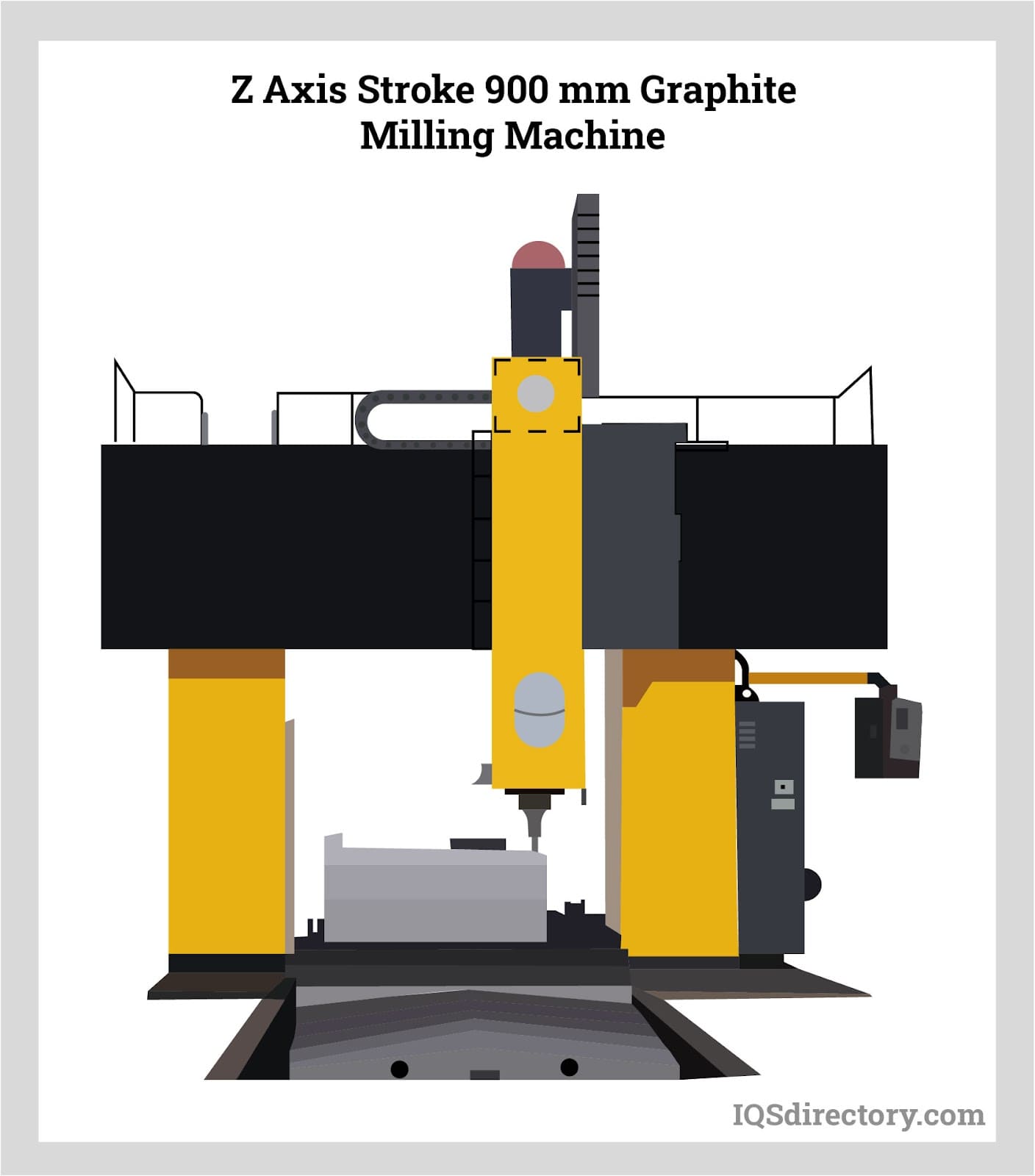
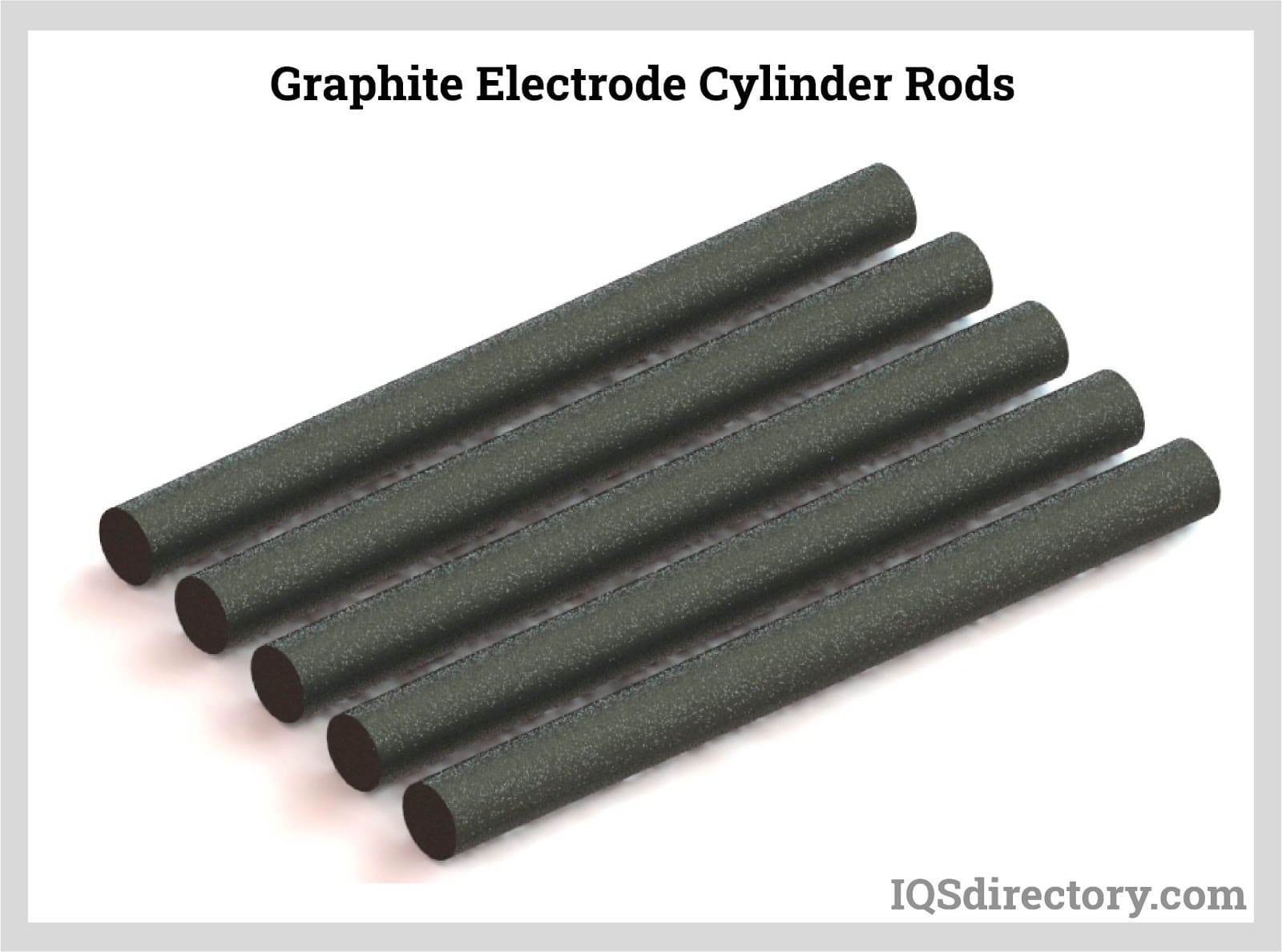
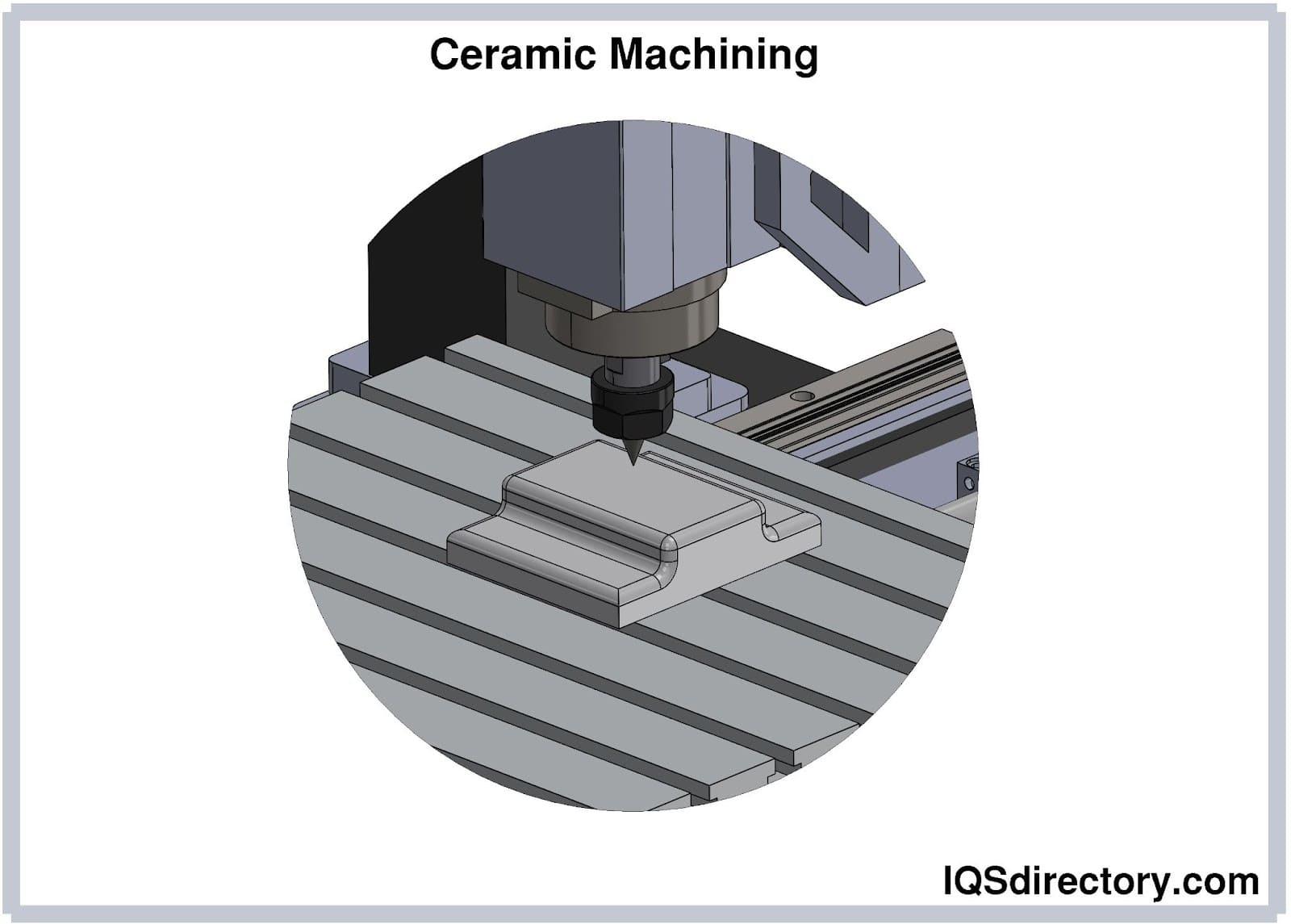
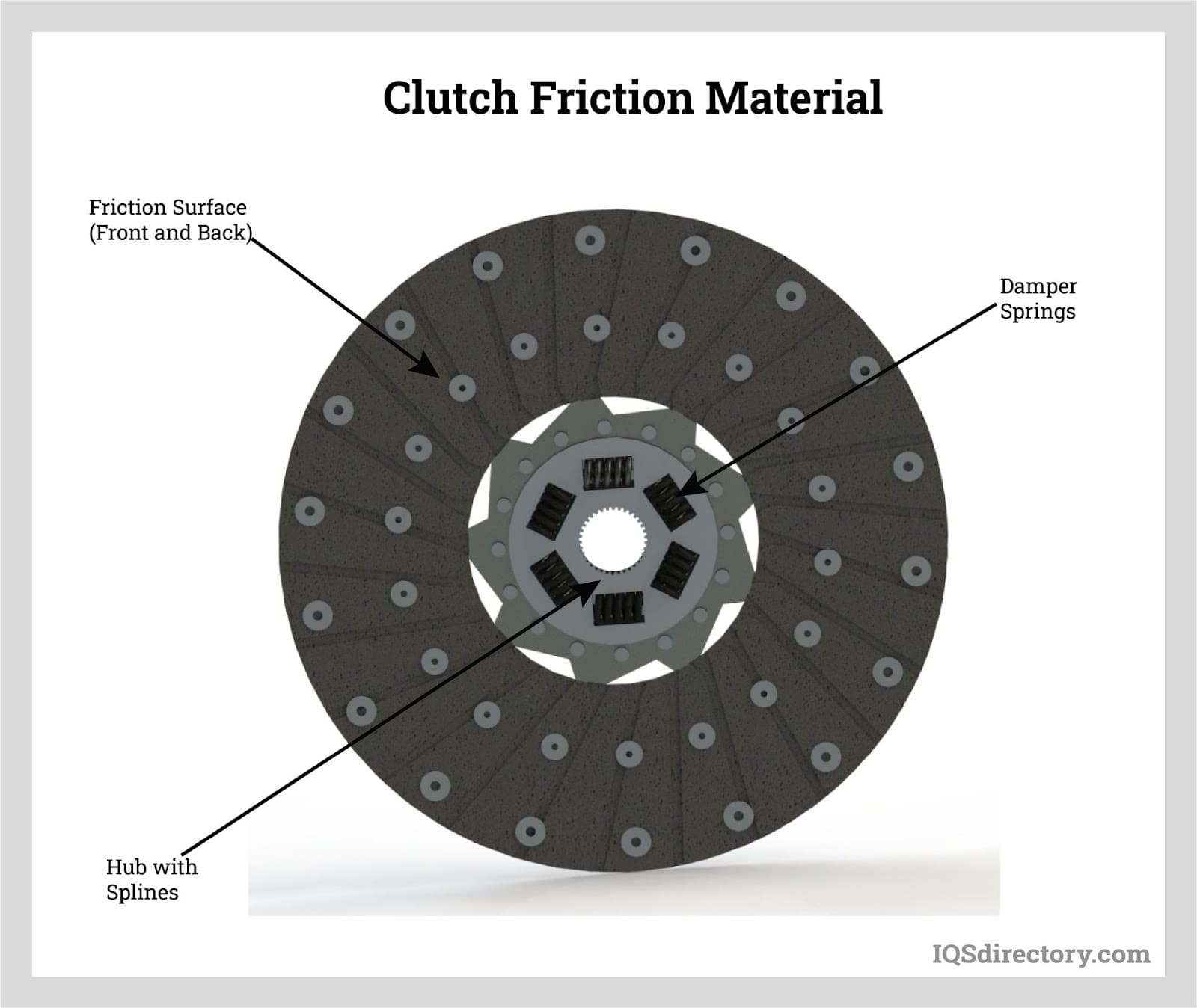
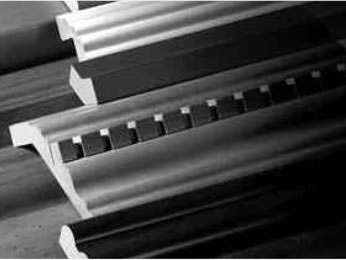 Adhesives
Adhesives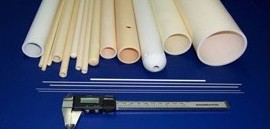 Alumina Ceramic
Alumina Ceramic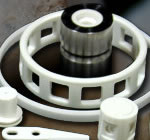 Ceramic
Ceramic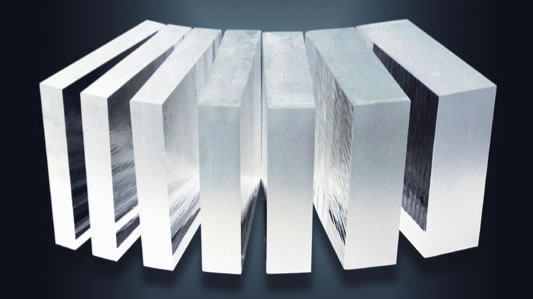 Glass
Glass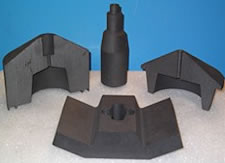 Graphite
Graphite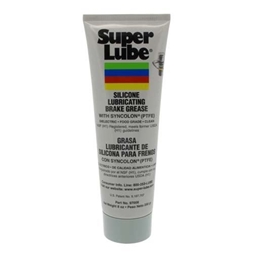 Lubricants
Lubricants Castings & Forgings
Castings & Forgings Bulk Material Handling
Bulk Material Handling Electrical & Electronic Components
Electrical & Electronic Components Flow Instrumentation
Flow Instrumentation Hardware
Hardware Material Handling Equipment
Material Handling Equipment Metal Cutting Services
Metal Cutting Services Metal Forming Services
Metal Forming Services Metal Suppliers
Metal Suppliers Motion Control Products
Motion Control Products Plant & Facility Equipment
Plant & Facility Equipment Plant & Facility Supplies
Plant & Facility Supplies Plastic Molding Processes
Plastic Molding Processes Pumps & Valves
Pumps & Valves Recycling Equipment
Recycling Equipment Rubber Products & Services
Rubber Products & Services